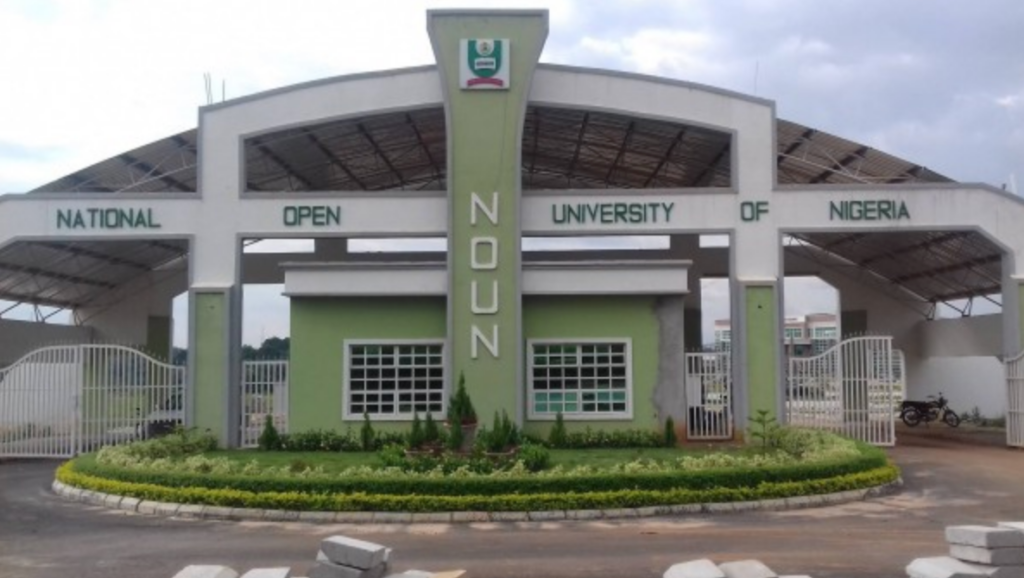
To unlock growth and investment in 2023, the Federal Government has been urged to facilitate reforms in the oil and gas sector, fix power and prioritise infrastructure financing.
The Centre for the Promotion of Private Enterprise (CPPE), disclosed this in its economic and business environment review for 2022 and agenda for policymakers for 2023.
In the document, the CPPE Director, Dr. Muda Yusuf, noted that: “The country desires job creation, economic inclusion, investment growth, poverty reduction, and an accommodating tax regime for investors.
“The deregulation of the petroleum downstream sector is a major economic reform imperative. This is inevitable if we must unlock investment in the sector to put an end to the perennial fuel scarcity and the monopolistic structure of the sector,” he stated.
Yusuf also stressed the need to consolidate the power sector reforms, as an enabling environment must be created to sustain current private sector investment in the sector as well as attract new private capital to the electricity sector.
“Urgent reforms are vital with respect to electricity tariff, metering, and deepening of the energy mix. We need robust incentives, fiscal and monetary, to boost private investment in renewable energy.
“We should reform the budget and appropriation processes to prioritise infrastructure financing and human capital development. This would boost the productivity and competitiveness of the economy…”
“Adoption of these reform initiatives would guarantee progression towards fiscal consolidation, reduction in fiscal deficit, diminishing need for borrowing and abating debt service burden,” he stated.
Furthermore, he said: “The maritime sector is a very crucial sector of the economy. It is a sector where reform imperatives have become very urgent. Legacy trade facilitation issues persisted and become intractable. There is a pressing need to ease the cargo-clearing processes and vessel turnaround time at our ports. These are major components of ease of doing business to which government had severally expressed commitment.”
He listed the factors that deserve major priority as shorter vessel turnaround time by reducing delays, curtailing bureaucracy, and curbing extortions in the clearance of vessels.
He also said that: “Vessel turnaround time should be reduced from the current four weeks to a maximum of one ten days; shorter cargo dwell time at the seaports from the current 20 days to less than one week; better engagement of stakeholders in the implementation of the Vehicle Identification System by the Nigeria Customs Service; fixing the problem of frequent breakdown of customs server which causes undue delays and demurrage payments by importers; reduction in the number of agencies and approvals needed for clearance of cargo at our ports; deployment of technology at all stages of approvals and documentation.”












